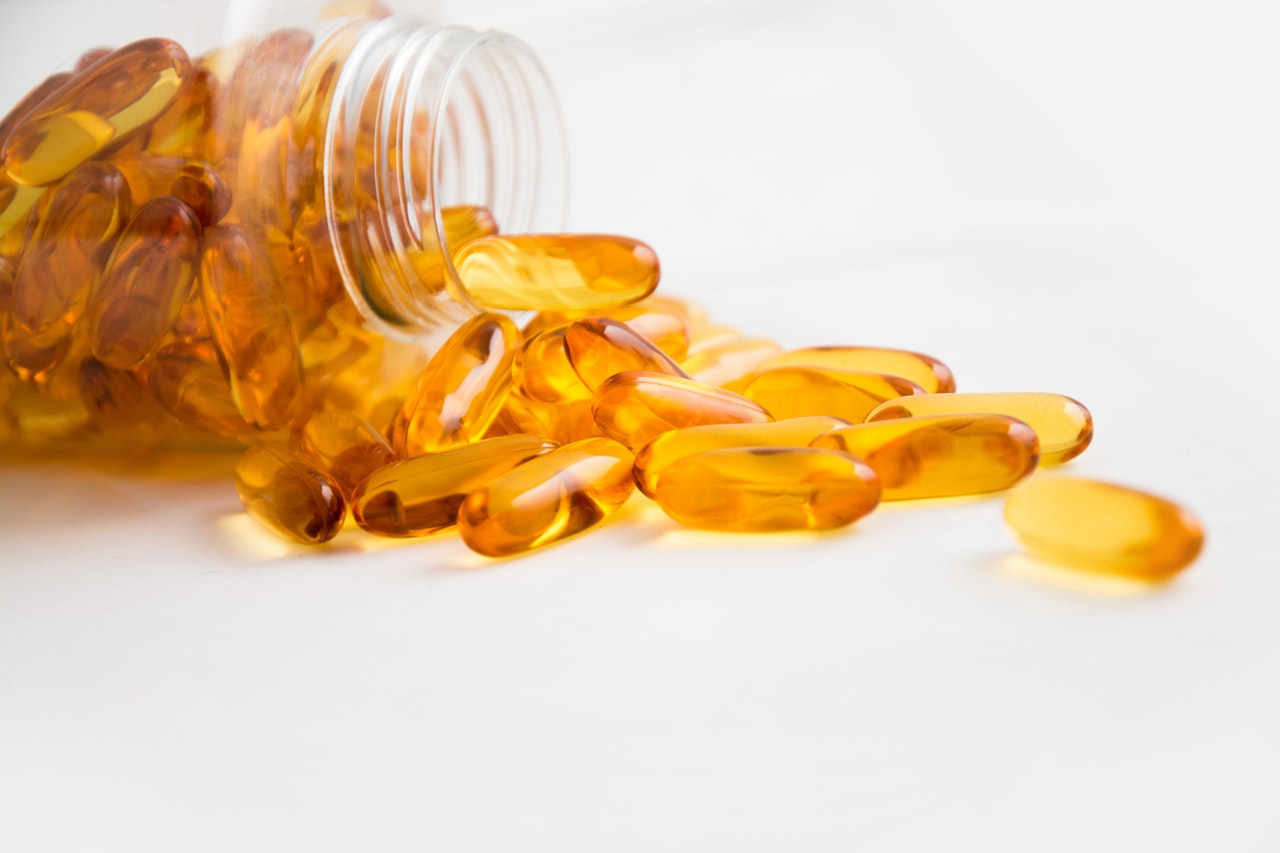Multivitamins and calcium supplements do not meet the actual daily requirement of vitamin D

People who take multivitamins and calcium supplements are under the wrong impression that they are getting enough vitamin D. When their blood levels are checked, most of them are found to be low in vitamin D. Why?
The root of the problem is the Recommended Daily Allowance (RDS) for vitamin D, which is old and outdated. The 400-600 IU per day of vitamin D RDA was arrived at to prevent rickets, a bone disease that was found in children.
In the last decade, scientific studies have shown that vitamin D is not only crucial for the health of bones but it is also very vital for the health of virtually every cell in the body. We need a much higher dose of vitamin D than 400-600 IU per day to meet the need of our body’s cells over and above the need of the bones.
Sadly, multivitamins and calcium supplements continue to follow the old RDA. So when we read the label of a multivitamin that says it meets 100% of the daily requirement of vitamin D, we obviously assume that we are taking the right amount. This is often misleading.
Diet is not a good source of vitamin D
Vitamin D is not found in fruits and vegetables. Food sources of vitamin D are all of animal origin. They provide some vitamin D but nothing like the doses that supplementation can provide.
A cup of milk has a minuscule amount of vitamin D. Contrary to common belief, milk is a poor source of vitamin D. One cup of fortified milk contains approximately 100 IU of vitamin D. Imagine drinking 20 or more cups of milk a day to get the maintenance doses of vitamin D!